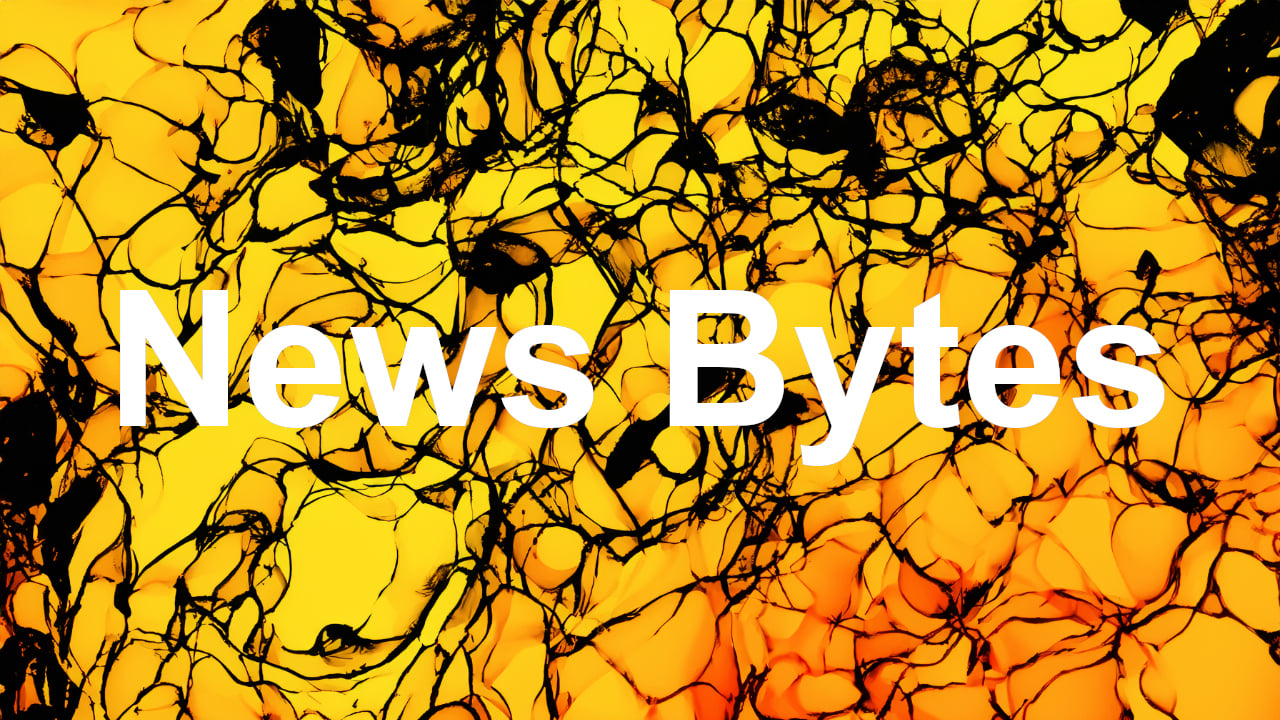The Worldcoin Foundation has released a new open-source system to safeguard sensitive information more effectively.
This system, now accessible in a GitHub repository, allows any organization to adopt these advanced data protection measures.
The foundation highlighted that this initiative aims to establish a “new benchmark” in data security, particularly for biometric data.
The transition to this innovative system has led the Worldcoin Foundation to delete the iris codes previously collected during user registration.
Notably, participants in the Worldcoin project initially had their eyeballs scanned by specialized Orb devices to verify their identity and receive WLD tokens, the project’s cryptocurrency. This process was part of the foundation’s effort to create a unique digital identification for each user.
Secure Multi-Party Computation And User Privacy
The foundation’s new system is based on secure multi-party computation (SMPC), a subset of cryptography that enhances data protection by distributing a single secret across multiple parties.
This method increases the security of stored information by ensuring that the complete data set is never held in a single location, thereby reducing the risk of data breaches.
The Worldcoin Foundation, in collaboration with technologists from TACEO and Tools for Humanity, has developed a new implementation of SMPC that addresses previous limitations related to scale and cost.
This development is particularly pertinent as the requirement for individuals to provide biometric data to various organizations becomes more common. The Worldcoin Foundation stressed the growing need to protect users’ data securely against potential threats and misuse.
Meanwhile, prior to this development, Worldcoin was scrutinized by regulatory bodies across several nations, particularly due to concerns over its data collection practices.
For instance, Hong Kong’s Office of the Privacy Commissioner for Personal Data took investigative actions against the project earlier in the year, citing privacy concerns. This backdrop makes the foundation’s move to delete iris codes and enhance privacy measures even more noteworthy.
Ethereum co-founder Vitalik Buterin has previously praised Worldcoin’s efforts to improve privacy. He lauded the project’s “data-minimal” approach and its ability to surpass traditional, centralized authentication solutions in safeguarding user privacy.
Looking Ahead: Worldcoin’s Strategic Expansion
Worldcoin is also preparing for the launch of World Chain, an open-source Ethereum layer-2 blockchain, set to debut in mid-2024. This platform aims to “revolutionize” human authentication by integrating with the Worldcoin protocol and providing a dedicated infrastructure to transition from existing networks.
The protocol has demonstrated significant adoption, with over 5 million people from 160 countries registered and 49 million transactions through verified wallets.
The upcoming World Chain seeks to enhance scalability, support a growing user base, and foster a stronger ecosystem for the project.
This effort includes addressing the challenges posed by automated transactions, which constitute approximately 80% of all blockchain activity and often lead to network congestion.
According to the report, the Worldcoin team is also trying to safely increase the L2 block gas limit, supported by research into performance scenarios to ensure a secure and inclusive ecosystem.
Featured image from The Block, Chart from TradingView
Credit: Source link























